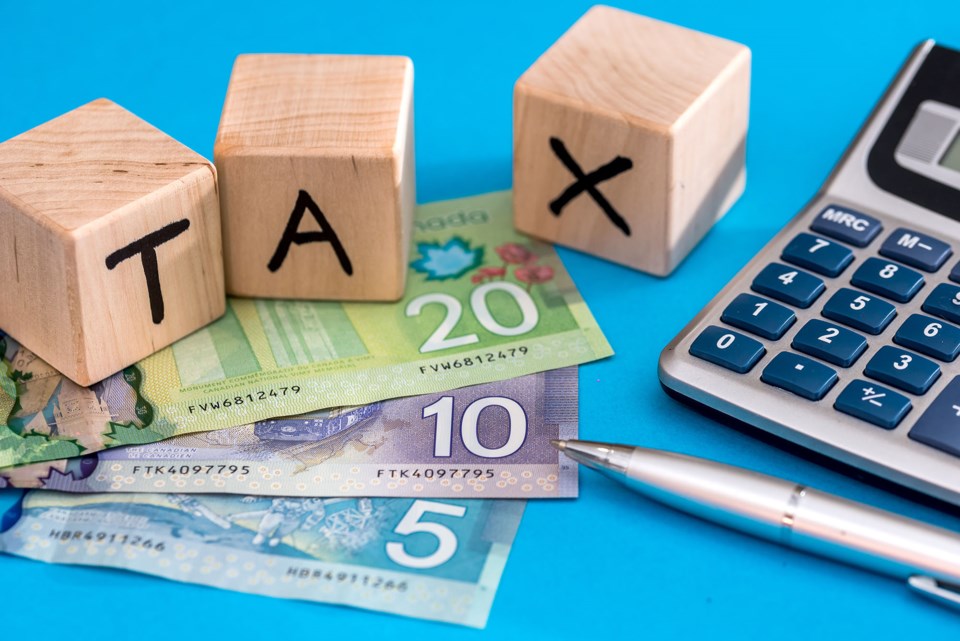After several long days of budget deliberations, city council ratified its 2020 budget at a special meeting Monday night.
Not unexpectedly, Orillia homeowners will have to fork out some more cash for their property taxes next year.
After making a few minor modifications, the end result is a 3.58% increase in municipal property taxes in 2020. That will mean an increase of about $44 for every $100,000 worth of assessment. If your home is assessed at $400,00, for example, your bill will go up $176.
That number, however, is expected to decrease once the provincial education tax is determined in April. Treasurer Jim Lang said that should bring the tax hike down, likely, to about 3%.
Orillia Mayor Steve Clarke said this year’s budget was a “difficult” one. It started off on the wrong foot when, the night before budget deliberations started, the city opened a tender for its waste collection services to learn the cost had doubled to about $2 million per year.
“Right off the bat, we were hit with (the) huge surprise waste collection contract hike to the tune of $1 million (impact in 2020),” the mayor noted.
“Add to that the financial pressures from provincial downloading, it felt as if we were making decisions with one hand tied behind our backs," Clarke added.
He was referring, principally, to the 12.7% hike in funding required by the County of Simcoe ($488,000 more than last year), the increased cost of the OPP contract to provide policing and a $43,000 increase from the region’s health unit. Together, they account for 1.6% of that 3.58% tax hike.
“Despite being faced with significant external pressures that we have no control over,” the mayor said it was incumbent upon council to continue its level of service and to maintain its assets.
When all the numbers were tallied, the 2020 operating budget will be $61.5 million, while the capital budget will be $30 million.
So how does the upcoming tax hike compare to previous years? Here’s a breakdown of the tax hikes from the last 10 years:
- 2011 - 2%
- 2012 - 1.95%
- 2013 - 3.80%
- 2014 - 1.60%
- 2015 - 3.90%
- 2016 - 3.9
- 2017 - 3.83
- 2018 - 3.33
- 2019 - 3.25
- 2020 - 3.58
Cumulatively, that’s a 31.14% increase over the last decade.
Here are a few highlights included in the 2020 budget.
- Investments in road infrastructure including Phase 2 of the Front Street Reconstruction Project from Colborne Street East to Laclie Street including Neywash Street, Bleeker Street design and reconstruction, the annual road resurfacing and sidewalk program and doubling the contribution to the Roads Reserve in order to accelerate roads and infrastructure projects in future years.
- Orillia Transit investments, including a smart-pay transit fare system, three new transit shelters, bicycle racks on transit buses, and increased winter maintenance at additional shelters.
- Continued strategic investments in smarter technology including citizen self-service portal infrastructure assessment, upgrading of outdated computer equipment, LED streetlight upgrade and smart lighting controls, and digital entrance signs.
- Servicing the Horne Business Park. This will create 10 hectares of serviced employment lands for future development and business attraction.
- An investment of $17.2 million into reserves in 2020 (An increase of $1.2 million from 2019)
